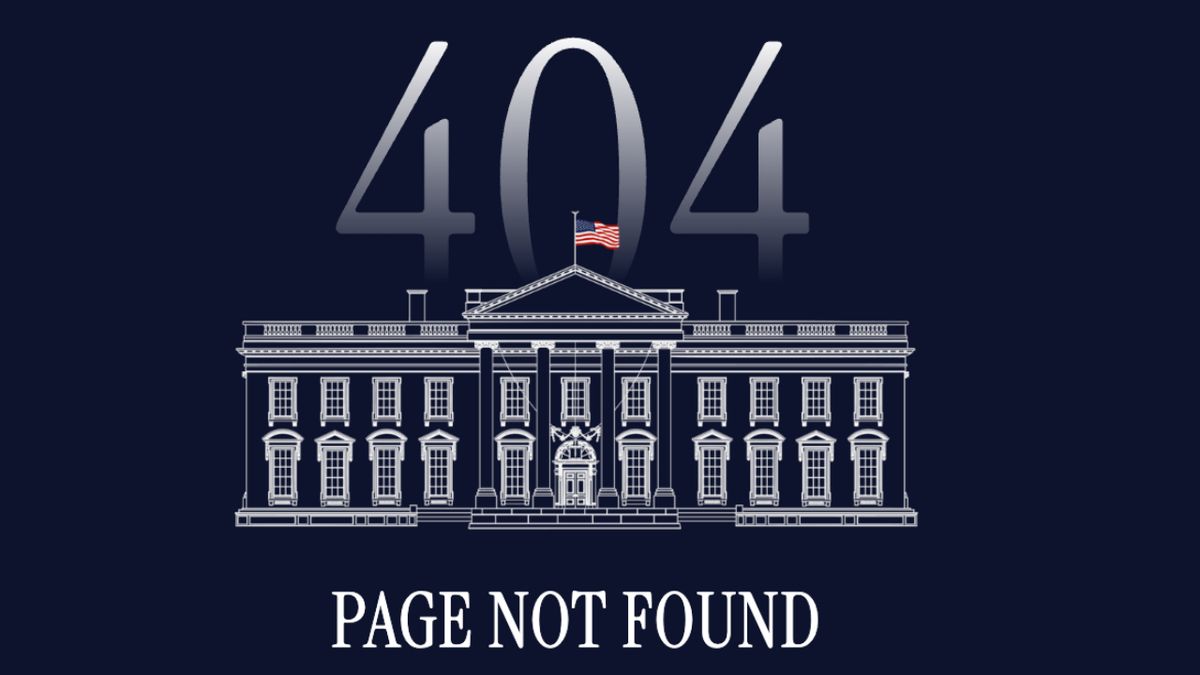
Kiss goodbye to Executive Order 14110.
A significant change occurred when the new administration decided to cancel not only Executive Order 14110, but also a range of other executive decisions from the previous presidential term. This particular order had been aimed at regulating the AI industry’s development and use, which many experts believed was pivotal for ensuring safety in AI technologies.
The order, initially released in October 2023, was designed to mitigate risks tied to AI technology. It mandated that AI developers share safety test results with pertinent government agencies and tasked these agencies with establishing testing standards.
Originally titled “Safe, Secure and Trustworthy Development and Use of Artificial Intelligence,” the order also included protections for copyright materials utilized in training AI models, set out to minimize discriminatory impacts and sought to shield jobs from AI-related disruptions.
When it was first introduced, the order received backing from various tech industry figures. Microsoft President Brad Smith referred to it as a “critical step forward in the governance of AI technology.”
However, despite the apparent advantages and disadvantages of the order, it now appears to be eliminated. It has been one of the primary orders categorized as “harmful” by the Trump administration, among a total of 78 revoked orders.
The broader implications of this decision remain uncertain. It raises concerns about ushering in an ungoverned AI environment, while also leading to questions regarding the actual impact that the initial order had on the industry. Interestingly, the European Union has established its own set of stringent AI regulations, differing greatly from the United States’ approach.
Moreover, industry leaders, such as OpenAI’s Sam Altman, have called for greater regulation, advocating for the establishment of a new federal agency to oversee AI operations that exceed certain capabilities. The landscape of AI regulation may shift dramatically in the years ahead as developments unfold.
